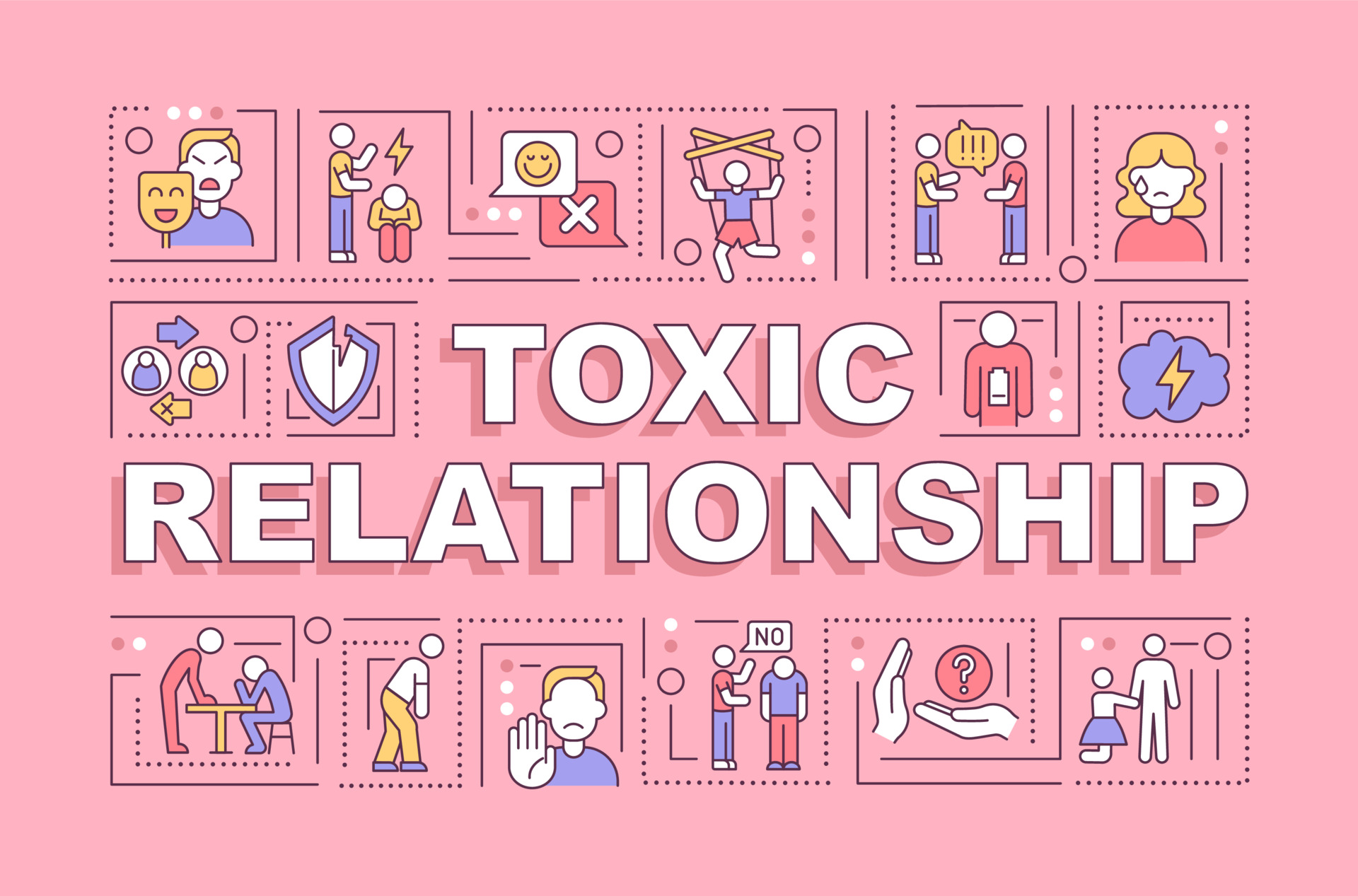Leaving a toxic relationship is hard for anyone. But when you’re neurodivergent — living with ADHD, autism, BPD, or any combination of these — it can be even harder.
You may struggle with black-and-white thinking, emotional dysregulation, fear of abandonment, executive dysfunction, or sensory overwhelm. You might also carry a deep need for connection, despite being repeatedly hurt.
And here’s the truth no one talks about enough: Toxic relationships often feel familiar when you’ve spent a lifetime being misunderstood, rejected, or invalidated.
🚩 Why Toxic Relationships Are Especially Tricky for Neurodivergent People
Toxic dynamics often prey on the very things that make neurodivergent people vulnerable:
1. People-pleasing and masking
Many ND folks have learned to hide their needs and mirror others to fit in — which makes it easier for toxic partners to manipulate or guilt them.
2. Intensity + trauma bonds
When you feel deeply, love deeply, and cling to meaning, you might rationalize or excuse patterns that hurt you. You might confuse chaos with chemistry.
3. Executive dysfunction
Leaving requires planning, steps, and follow-through — and those can feel impossible when you’re burnt out or in survival mode.
4. Black-and-white thinking
You may go back and forth: “It’s all bad” → “Maybe I’m the problem” → “I just need to try harder.” This cycle keeps you stuck.
5. Fear of abandonment
Especially common for those with BPD or rejection sensitivity, this fear can keep you in relationships that are painful — because pain feels safer than loss.
💬 Sound Familiar?
- You’re constantly overthinking what you said or did “wrong”
- You feel more anxious than peaceful around your partner
- Your needs are dismissed, minimized, or mocked
- You’re always the one apologizing — even when you’re the one hurt
- You’ve lost touch with your own opinions, hobbies, or identity
- You feel like you’re going crazy — but only around them
Toxic relationships aren’t always physically abusive. They’re often marked by emotional manipulation, gaslighting, control, and confusion. The more neurodivergent you are, the easier it is to question your reality — especially when the other person reinforces that doubt.
✨ What Healing Looks Like
1. Reclaiming your truth.
Learning to trust your gut again — and stop second-guessing every decision — is huge. Therapy can help you unmask and reconnect with your values.
2. Building safety first.
Safety isn’t just about being away from danger. It’s about creating routines, regulating your nervous system, and learning how to feel safe inside your body again.
3. Naming the patterns.
You’re not crazy. You were in a cycle designed to make you question yourself. Identifying the emotional abuse or control helps you untangle it.
4. Relearning how to relate.
You may need to retrain your brain and body to recognize what healthy love feels like. That takes time — and a lot of self-compassion.
🧠 Tips for Leaving When You’re Neurodivergent
- Write down your reasons for leaving. So when doubt creeps in, you can come back to your clarity.
- Don’t wait to feel “ready.” You might never feel ready — but you can be supported while taking action.
- Create a sensory-friendly recovery space. After leaving, your system may be overwhelmed. Small comforts matter.
- Lean into your logic and your intuition. You don’t have to pick one — they both have value.
- Find ND-affirming support. You need people (and professionals) who get how your brain works — and who won’t shame you for staying too long, caring too much, or falling apart a little on the way out.
❤️ You Deserve Relationships Where:
- You feel safe to be yourself
- Your boundaries are respected
- Your emotions are honored, not weaponized
- You don’t have to explain your brain to be treated with kindness
You’re not too much. You’re not broken. You’re just someone who feels deeply, loves fiercely, and may need extra support to untangle the mess — and rebuild something better.
Ready to explore healing after a toxic relationship — or find your way out? I offer neurodivergent-affirming therapy to help you reclaim your peace. Contact me at: [email protected] or 828-489-9195 to start your journey!

